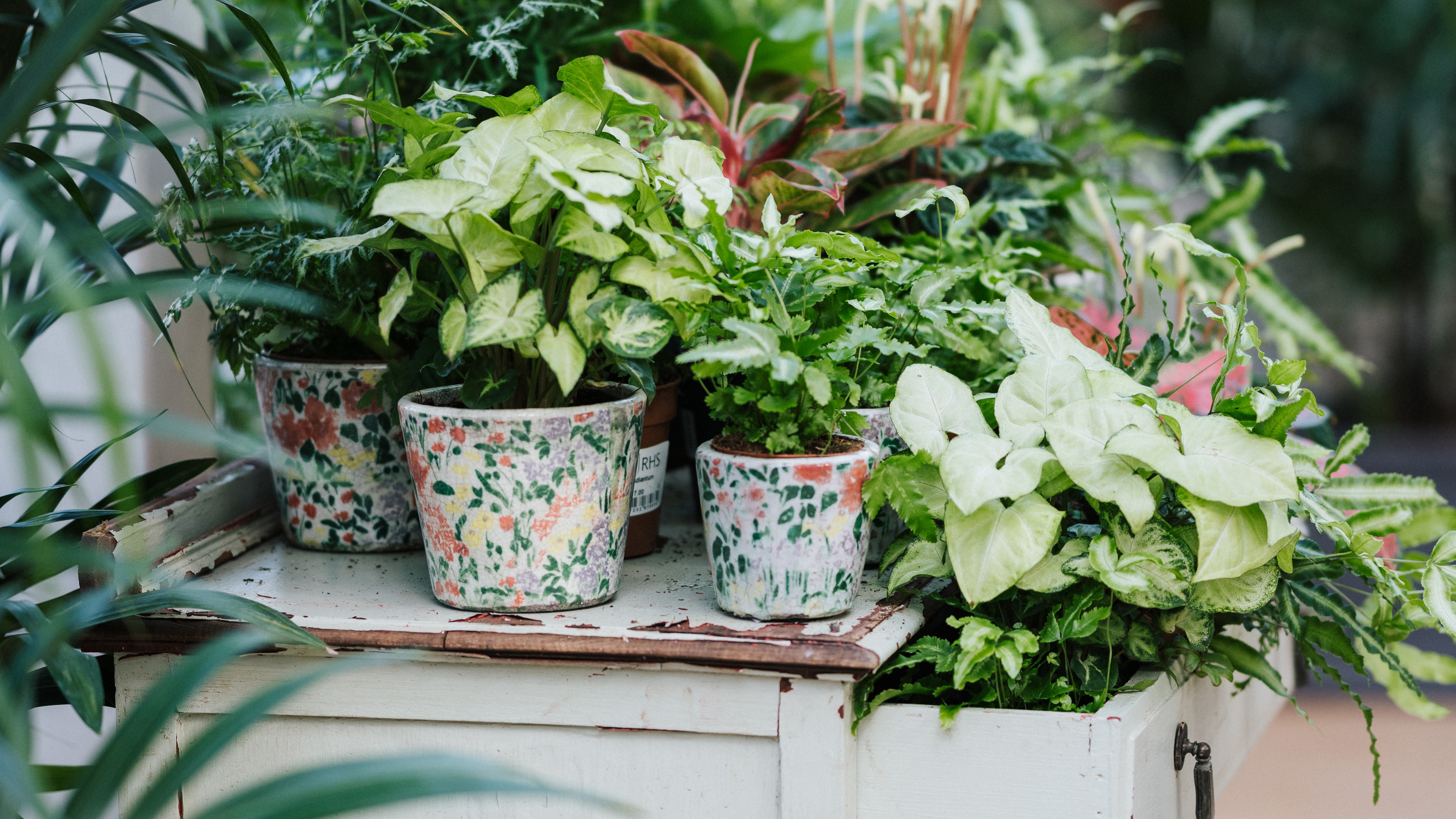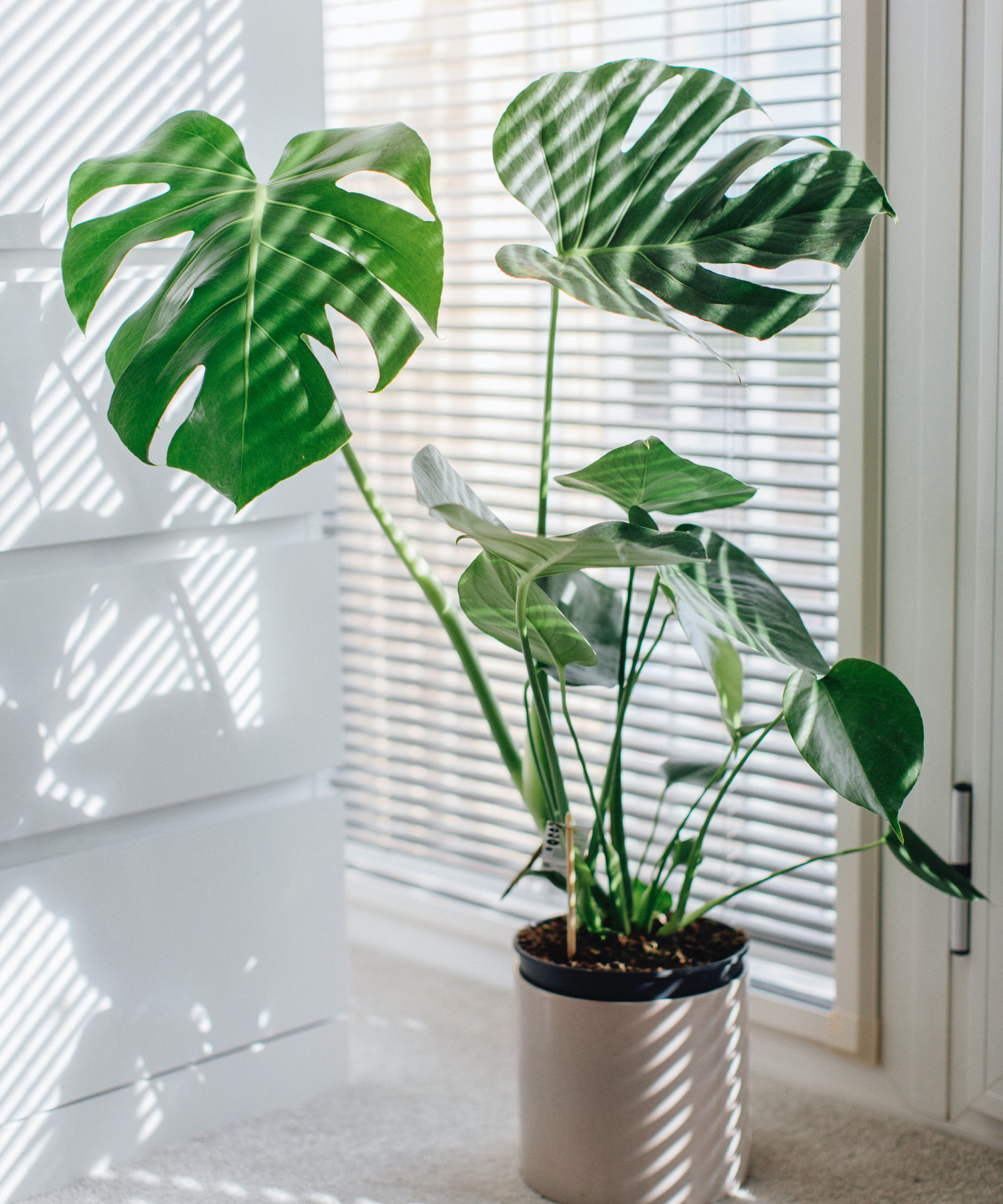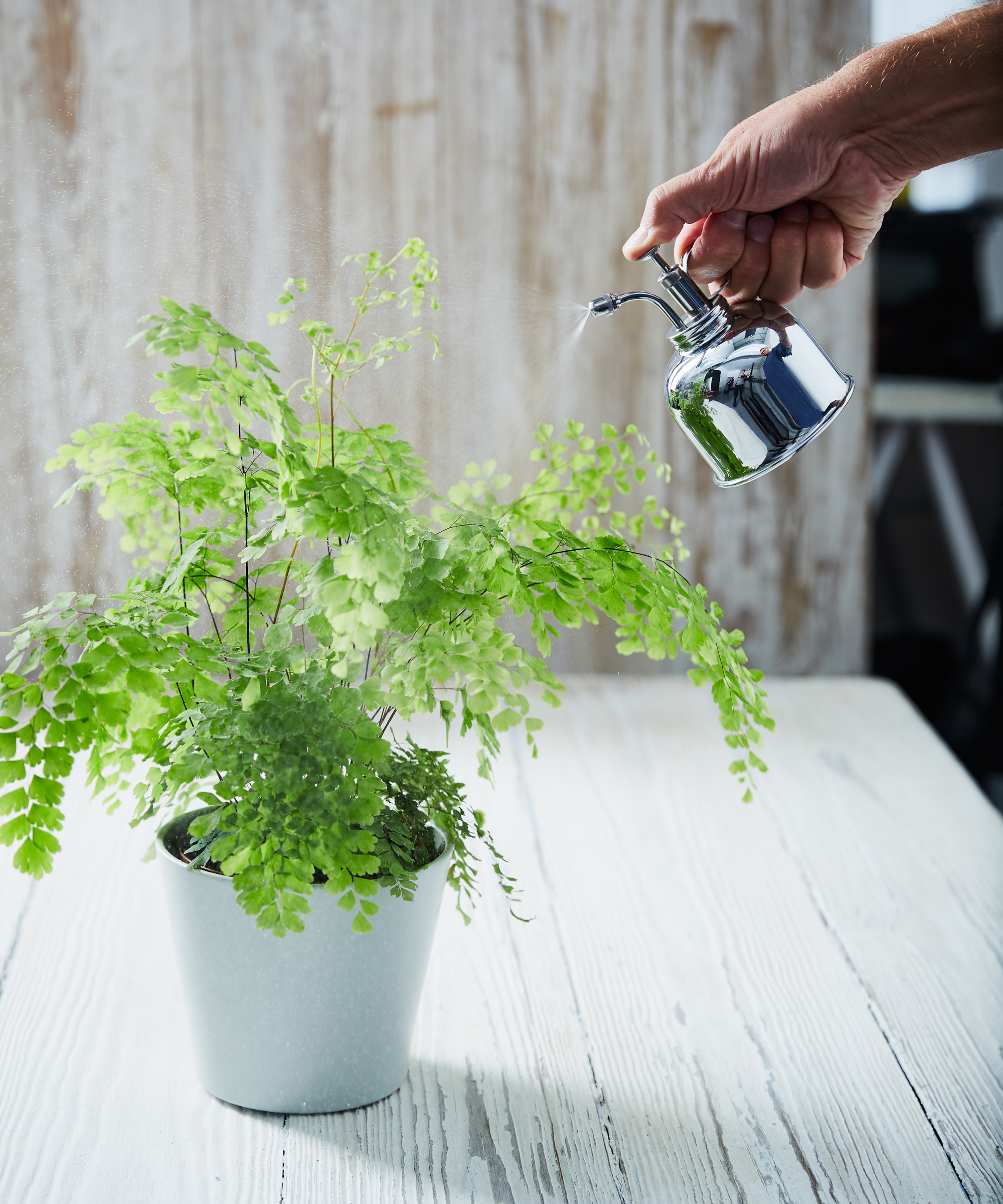Spotify has launched plant playlists – but does music really help plants grow?
Will Spotify's new plant playlist encourage your houseplants to grow faster? We explore the science behind the claims that music helps plants grow

Spotify has surprised and delighted its users by launching a series of first-ever plant playlists, created and curated by Kelly Wearstler, Darryl Cheng, Summer Rayne Oakes, and Black Men With Gardens. But can plants hear music, and does music help plants grow, as the creators of Spotify's new playlist are implying? It's a nice idea – who wouldn't want the best indoor plants in their collection grow bigger and stronger to the sounds of a Beethoven sonata?
The original Spotify plant playlist, Music for Plants, was developed by Spotify editor Uriel Waizel and, according to the Spotify press release, 'features music and soundscapes carefully handpicked to help encourage growth.'
'I’m convinced plants feel human music and human presence,' Uriel said. 'Sound waves resonate with the green world. It was a no-brainer to make the playlist and fill the content gap.'
But what does science say on the subject? Do plants really feel human music?
Does music help plants grow?

The study that is often referred to as 'proof' that plants grow faster when exposed to music is a 1962 study conducted by an Indian botanist who apparently played music to plants through a loudspeaker and then found that some plants grew thicker and greener. Similar experiments have been conducted in the US and Canada. However, what often isn't mentioned about these studies is that they also used other, non-musical high frequency sounds, which showed a similar effect.
It turns out that plants do respond to some sound frequencies, which allows them to develop better self-defence mechanisms against naturally occurring threats such as pests. The California Academy of Sciences is clear on the subject: 'No, music will not help plants grow—even classical—but other audio cues can help plants survive and thrive in their habitats.'
For example, scientists from the University of Missouri played Arabidopsis plants the vibrations of caterpillars feeding on leaves, and the plants learned to secrete mustard oils that help repel said caterpillars.
It's fascinating, but a far cry from confirming that human music has any special effect on your houseplants and indoor garden ideas. Scientists from UC Santa Barbara are equally skeptical: 'There is no evidence to suggest that music has any effect on plant growth. Some people believe that it does in a mystical sense, but it has never been verified scientifically.'

Don't let this discourage you from enjoying your houseplants while listening to music, however. Another Santa Barbara scientist gives a more hopeful, and kinder, answer to the question: 'Even though it is unlikely that the plants themselves respond to the music, their caretakers do! Maybe the plants which are exposed to music receive better care than those which do not. Might be worth looking into!'
It's not hard to imagine that someone who plays relaxing music in their home pays more attention to their indoor plant ideas and plant care. And, for this reason alone, might well be worth giving those Spotify plant playlists a go. They might not make your plants grow, but they sure will make for happier plant owners.
Anna writes about interior design and gardening. Her work has appeared in Homes & Gardens, Livingetc, and many other publications. She is an experienced outdoor and indoor gardener and has a passion for growing roses and Japanese maples in her outside space.
